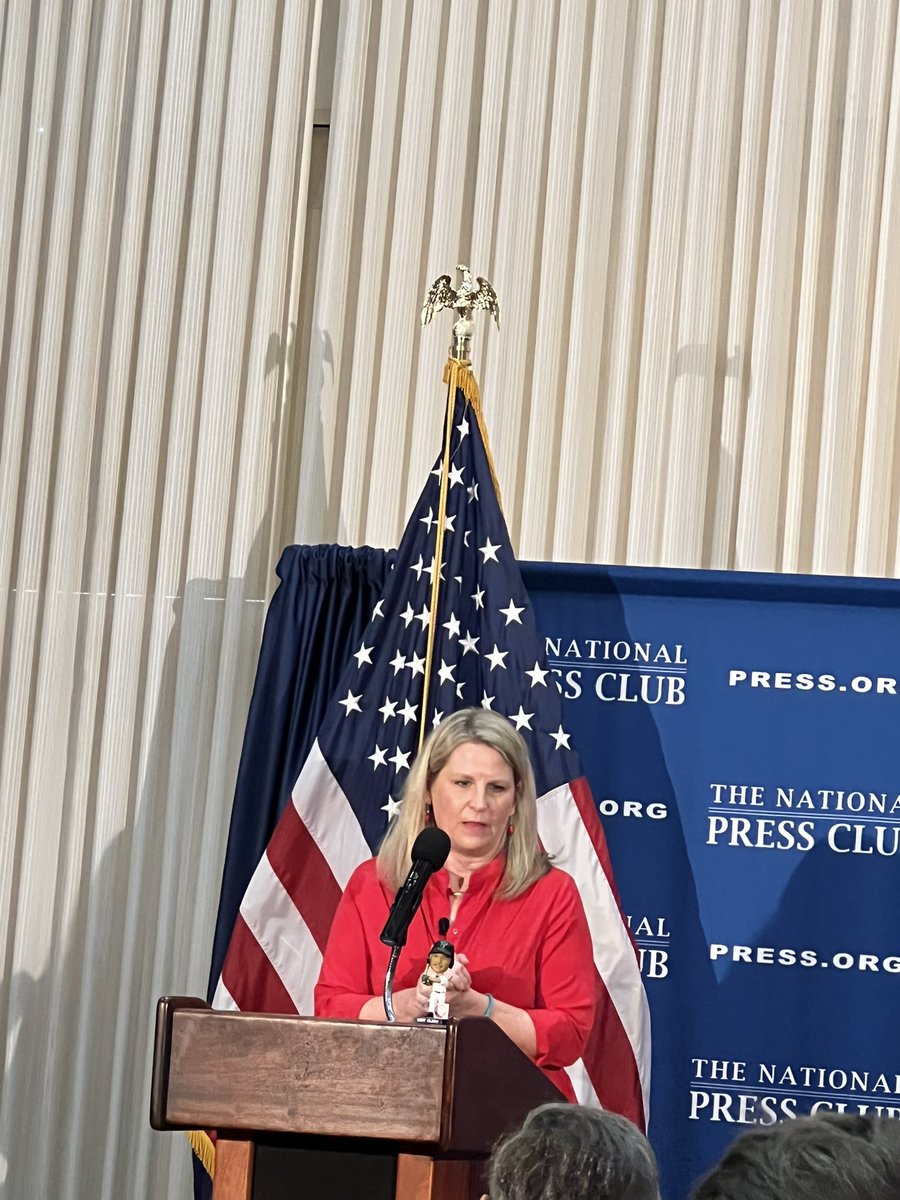
.@LizShuler President of @AFLCIO and Tony Clark of @MLBPA at talking about organizing MiLB and that MLBPA is joining the labor federation. #1u #aflcio 

MLBPA will be the 58th direct affiliate of the AFL-CIO.
Both cited the pandemic and the lockout as important reasons for the affiliation.
The time was right to organize the minor leaguers. We didn’t have to go out and sell it. - Tony Clark
The NLRA is broken. We need labor law reform to make it easier for workers to organize. - Liz Shuler
We have asked for voluntary recognition and have reached out formally and informally. If they don’t (agree) we will petition for an NLRB election. We’re encouraged by the dialog we’ve had. - Tony Clark
• • •
Missing some Tweet in this thread? You can try to
force a refresh







